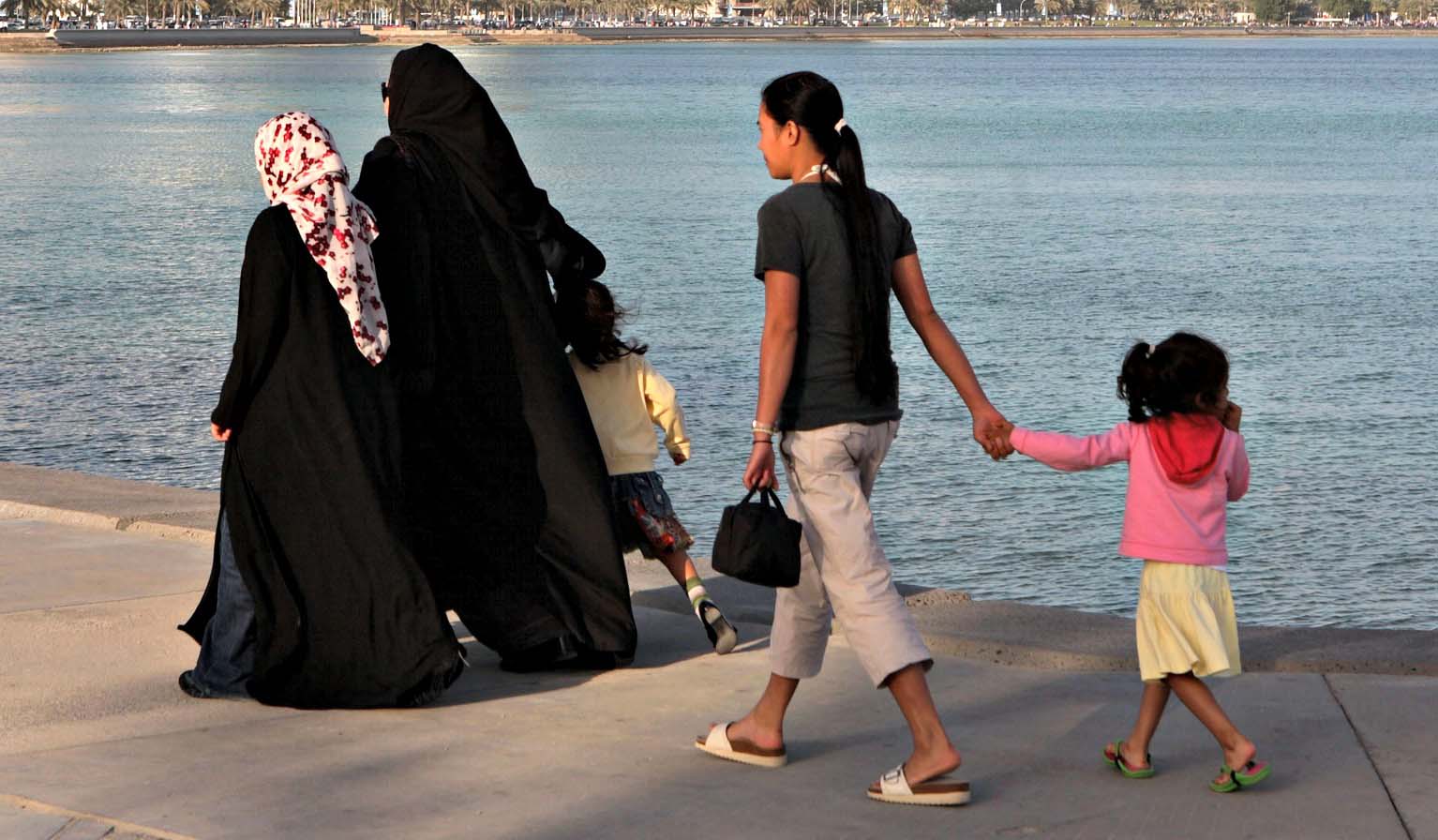Inspectors from the Ministry of Labor and Social Affairs plan to target Qatar’s recruitment agencies that specialize in supplying housemaids next month to ensure the businesses are complying with the country’s labor laws.
The crackdown follows multiple complaints from Qataris and expats, the Peninsula reports.
Top of the list of customer frustrations are high agency fees, maids who run away and agencies’ failure to replace maids who have left their sponsor, according to the Peninsula, which cites a report in local Arabic daily newspaper Al Sharq.
The aim of the month-long inspection campaign is to make sure that agencies are meeting the conduct and performance guidelines laid down by the ministry.
Agencies that have not been performing according to government recommendations will given assistance to get up to scratch, Al Sharq said.
The ministry has established a complaint hotline for customers (8006611) and a three-day target for its team to take action on each grievance.
UPDATE | Nov. 4, 2015: The hotline now appears to be out of service.
Agencies’ performance
Last year, the Ministry of Labor’s ratings system for 135 maid recruitment agencies revealed that more than half were given a sub-standard grade.
A total of 79 manpower agencies were given the lowest classification of ‘C,’ while 10 lost their licenses for labor violations.
Some 17 firms received ‘A’ grades, and the top-performing companies were awarded 10 free maid visas each.
Last month, MOLSA announced it would publicly name and shame manpower agencies which were found to have broken the Labor Law (Law no. 14 of 2004) by releasing their names to local media.
In a letter to agencies, it warned that it would operate a “three strikes” rule, saying that any company found to have violated the labor law and had three complaints filed against it would be publicly named in local newspapers.
Recruitment offenses
The law bans agents from charging fees to recruit workers to Qatar and requires that all expats have a written contract signed before they enter the country.
However, several international reports have found that some agents here and in the most popular lab0r-sending countries do not follow those rules.
A recent study commissioned by Qatar Foundation revealed that many laborers and domestic staff are charged huge fees of up to $5,000 to pay for their passage to Qatar.
Unable to afford such sums, these workers take on enormous debts in order to satisfy the agents.
The practice of substitute contracts is also rife, the report found.
Workers are often required to sign one contract in their home country, but when they arrive in Qatar are forced to sign a replacement one, with lower salary and poorer terms and conditions.
New worker housing
Qatar has been trying recently to make steps to improve conditions for blue-collar workers.
The Ministry of Municipality and Urban Planning (Baladiya) is about to float tenders to local contractors to build new housing complexes for 28,000 workers, the Peninsula reports.
The plan is to build seven residential units, each housing around 4,000 laborers, with ancillary shopping, entertainment and social blocks.
There will also be Ministry of Interior facilities such as immigration, police and traffic offices.
This complete workers’ complex will be built on the outskirts of Doha to meet “international standards,” and will rehouse workers who are currently living in the center of the city.
This is the latest step in an ongoing move to move all labor camps out of Doha, to the Industrial Area and other outlying communities.
In 2011, the government made it illegal for labor camps to be in residential areas.
An exception was made for workers’ accommodation in Al Rayyan municipality, but only on the condition that there were no Qatari families living nearby.
Single men, dubbed “bachelors,” are often turned away from shopping malls and other leisure complexes in Doha, particularly on Fridays – the common day off for most workers.

Dedicated entertainment areas for workers , such as West End Park, in the Industrial Area, have been built in recent years.
While some welcomed the facility which includes an amphitheater, shopping mall, four-cinema complex and cricket stadium, other have said such initiatives foster social divisions.
Thoughts?









